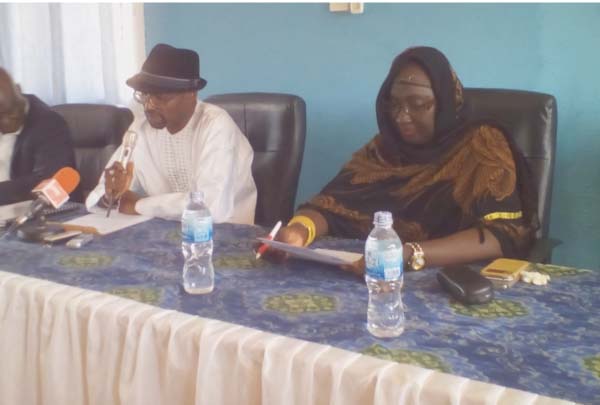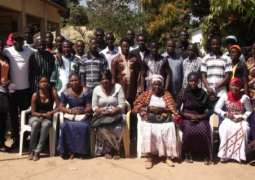
The
Gambia government through the National Environment Agency on Wednesday
validated the national Strategic Environment Assessment (SEA) Policy Guidelines
and Procedures, 2017 – 2021. SEA is the
environmental assessment of policy plan and programme proposals.
The
validation workshop, held at a local hotel in Banjul, was funded by the United
Nations Development Programme and attended by various stakeholders.
Speaking
on the occasion, Minister of Environment Pa Ousman Jarjue said the development
of SEA policy and guidelines is “another major achievement” registered in the
quest to ensure environmental sustainability without compromising national
development objectives.
“The
SEA, by its nature, is a holistic environmental planning mechanism that
complements other available tools such as Environmental Impact Assessment (EIA)
and its development could not have come at a more important time,” he said.
The
minister noted that The Gambia, like other countries in the continent, is
bearing the burden of climate change impacts, with associated socio-economic
losses.
He
said certain phenomena, such as human population growth, decline in annual
average rainfall and inadequate land and forest management technology, continue
to drive environmental and natural resources degradation.
Mr
Jarjue said across the globe, the socio economic impacts of these challenges
have increased “tremendously and put a considerable strain on government
ability” to ensure the provision of badly needed social services to better the
lives of citizens.
Muhammed
Denton, director of finance and administration at NEA, speaking on behalf of
the NEA acting executive director, said The Gambia government is committed to
the goal of sustainable development.
He
explained that SEA is considered a direct means of achieving Sustainable
Development Goals (SDGs), adding that there is a need for the development of
both institutional and human capacities to integrate it into national planning
process.
“Therefore,
decision makers at all levels must be able to take economic social and
environmental considerations into account in order to make informed decisions
in support of sustainable development,” Mr Denton said.
He
further pointed out that through SEA, environmental considerations can be
addressed at the earliest appropriate stage of planning, along with economic
and social considerations.
“The
need for incorporating SEA in national planning process is becoming even more
crucial because of the pressure on the environment and natural resources is
increasing every day as a result, the national ecological resource base is
being systematically degraded,” he stated.
The
SEA policy will provide a framework to integrate environment and climate change
into the national planning processes by building capacities of policymakers and
other stakeholders on the need for integration of SEA in policy plans and
programmes.
Read Other Articles In Article (Archive)
78 GAMTEL Security Guards Trained on Fire Safety
May 4, 2009, 9:46 AM




